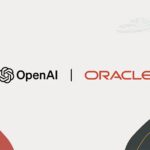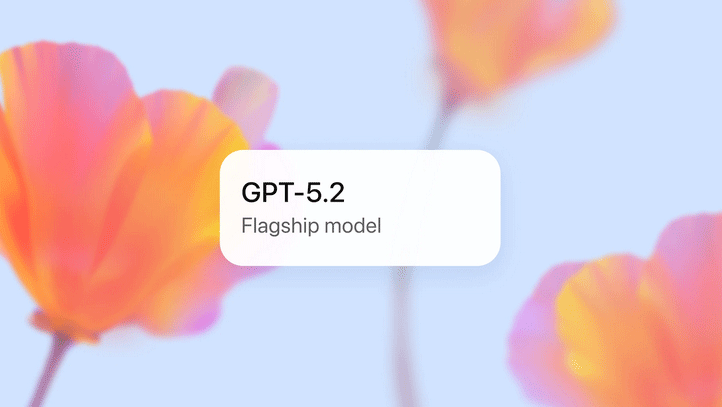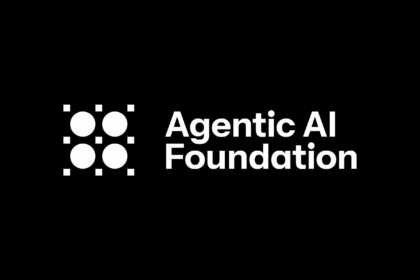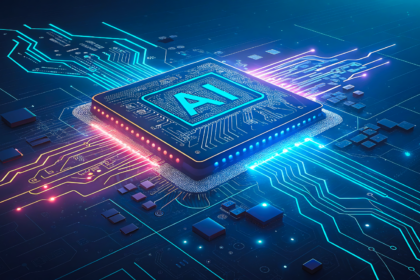The survey by the Upwork Institute highlights a surprising trend in adopting AI tools in the workplace: instead of boosting productivity as many had hoped, 77% of workers reported that these technologies have reduced their productivity and increased their workload. This counterintuitive finding comes from a study involving 2,500 participants across the United States, United Kingdom, Australia, and Canada, including 1,250 senior executives, 625 salaried employees, and 625 freelancers.
The study encompassed respondents from different generations, including Generation Z, Millennials, Generation X, and Baby Boomers, aged 18 to 78. The results suggest that while AI tools hold potential, their implementation and integration into workplace processes may not yet be optimized, leading to unexpected employee challenges. This could reflect issues such as inadequate training, unrealistic expectations, or poor integration with existing workflows.
The findings indicate a need for companies to reassess how they introduce and support AI tools to ensure that they genuinely enhance productivity rather than add to the burden on their workforce.
Impact of AI on Work
The Upwork Institute survey reveals that many workers are struggling with the productivity expectations set by introducing AI into their work routines. According to the findings:
- 47% of respondents are unsure how to meet the productivity gains their employers anticipated from AI tools.
- 77% reported that AI has increased their workload rather than reduced it.
The research points out that AI’s integration into workplaces often results in additional tasks, such as reviewing and adapting content generated by these tools. Specifically:
- Nearly 40% of respondents are spending more time reviewing or moderating AI-generated content.
- 23% mentioned needing extra time to use these new technologies effectively.
These challenges highlight that while AI has potential, its current implementation can add complexity and require additional employee effort, potentially offsetting the anticipated productivity benefits.
AI in the eyes of leaders
The survey highlights a disconnect between the high expectations business leaders have for AI and the practical experiences of workers. Here are the key points:
- 96% of C-suite executives are confident that AI will boost company productivity.
- 39% of companies have mandated using AI tools, while 46% encourage their use.
Business leaders recognize significant gaps in their employees’ readiness and training despite the strong push for AI integration. Specifically:
- Only 26% of companies offer AI training programs for their staff.
- 13% have a well-implemented strategy for AI adoption.
This gap suggests that while many executives are optimistic about AI’s potential, they may not fully grasp workers’ challenges, such as inadequate training and increased workloads.
Professional burnout
Integrating AI into the workplace is proving challenging, with many workers feeling overwhelmed and unprepared to meet their employers’ expectations. Key findings from the survey include:
- 71% of workers report feeling burned out.
- 65% are struggling to keep up with increasing demands.
Burnout affects all generations and genders, with the following percentages feeling burned out:
- 83% of Gen Z
- 73% of Millennials
- 71% of Gen X
- 58% of Baby Boomers
Women experience burnout more than men, with 74% of women feeling burned out compared to 68% of men. Additionally, one in three employees will likely leave their jobs in the next six months due to burnout or excessive workload.
Despite 69% of business leaders acknowledging employees’ struggles, 84% of these leaders claim that their companies prioritize employee well-being over productivity.
Productivity paradox
Upwork’s study highlights the productivity paradox, where the integration of new technologies like AI does not always lead to the expected boosts in productivity. The paradox is rooted in several factors:
- Adapting to new technologies takes time, which can initially slow down productivity.
- Insufficient investment in workforce development means employees may not be fully prepared to use new tools effectively.
- New technologies may not seamlessly integrate with existing processes, causing delays and inefficiencies.
These factors often delay or diminish the productivity gains that companies anticipate. The study also warns against overloading productivity when implementing new technologies without updating organizational systems and practices.
While these technologies have the potential to transform processes and improve efficiency, poor implementation and lack of preparation can negatively impact productivity and employee well-being.










